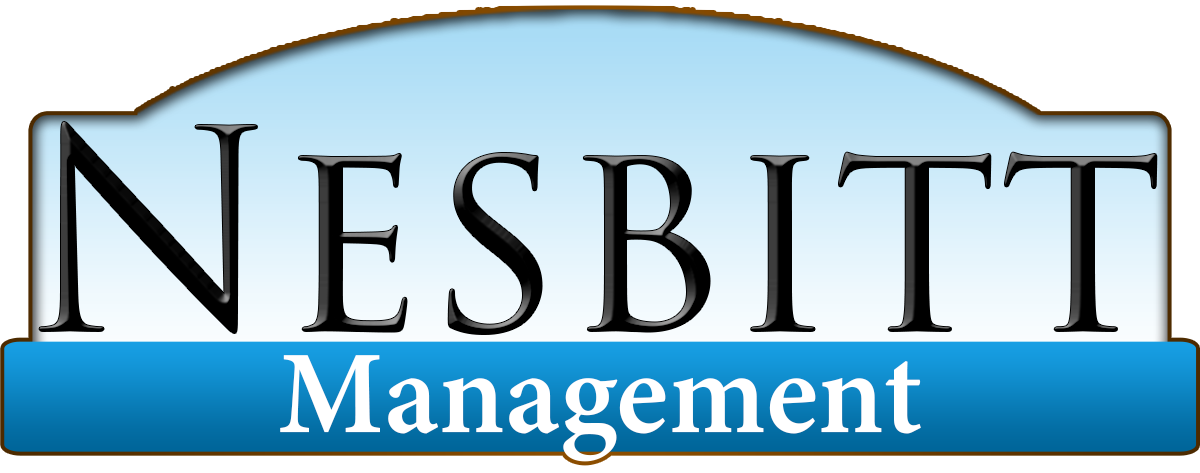In the world of property management, the line between routine maintenance and full-blown renovation can sometimes blur. Both are essential, but knowing when to simply maintain and when to invest in upgrades can be the difference between maximizing your property’s value and overspending. Let’s explore how to strike the right balance.
Understanding Maintenance
The Essentials
Maintenance is about keeping your property in good working order. Think of it as the healthcare routine for your property—regular check-ups, minor fixes, and preventive measures that ensure everything runs smoothly.Common Maintenance Tasks
- Plumbing and Electrical Repairs: Fixing leaks, unclogging drains, replacing faulty wiring.
- HVAC Servicing: Ensuring heating and cooling systems operate efficiently.
- Painting and Cleaning: Fresh coats of paint and thorough cleaning to keep the property looking fresh.
- Landscaping: Regular upkeep of gardens and outdoor areas to maintain curb appeal.
The Case for Renovation
When to Upgrade
Renovation is about making significant changes to improve the property’s value, functionality, and appeal. Unlike maintenance, which is reactive, renovation is proactive and often strategic.Indicators for Renovation
- Aging Infrastructure: Outdated kitchens, bathrooms, and fixtures that no longer meet modern standards.
- Tenant Feedback: Requests for improvements that could enhance their living experience.
- Market Competition: Enhancements needed to stay competitive in the rental market.
- Energy Efficiency: Upgrades that can significantly reduce utility costs and appeal to environmentally conscious tenants.
Examples of Renovation Projects
- Kitchen and Bathroom Remodels: Modernizing these spaces can dramatically increase property value.
- Energy-Efficient Upgrades: Installing new windows, insulation, or solar panels.
- Open Floor Plans: Reconfiguring spaces to create a more modern, open feel.
- Smart Home Technology: Adding features like smart thermostats, security systems, and keyless entry.
Cost Considerations
Budgeting for Maintenance
Routine maintenance should be a line item in your annual budget. A general rule of thumb is to set aside 1-2% of the property’s value each year for maintenance.Investing in Renovation
Renovations require a more significant upfront investment but can lead to higher rental income and property value. Prioritize projects with the highest return on investment (ROI). For instance, a kitchen remodel can yield an ROI of up to 80% or more.Real-World Scenario: Maintenance vs. Renovation
Imagine you own a rental property managed by Nesbitt Realty. You’ve been diligent with maintenance, but tenant feedback indicates that the kitchen feels outdated, and prospective renters often mention it during viewings.Maintenance Approach
You could continue with minor fixes—replacing a leaky faucet, regrouting tiles, and repainting cabinets. This would keep the kitchen functional and relatively presentable but might not attract new tenants or justify a rent increase.Renovation Approach
Alternatively, you could opt for a kitchen renovation: new countertops, modern appliances, updated cabinetry, and better lighting. This could significantly boost the property's appeal, allowing you to increase the rent and reduce vacancy rates. The initial cost is higher, but the long-term benefits in tenant satisfaction and property value could outweigh these costs.Making the Decision
Assessing the Property
- Condition Assessment: Regular inspections to evaluate the current state of the property.
- Market Analysis: Understanding local rental market trends and what upgrades are standard.
- Tenant Demographics: Knowing the preferences and expectations of your target tenant pool.
